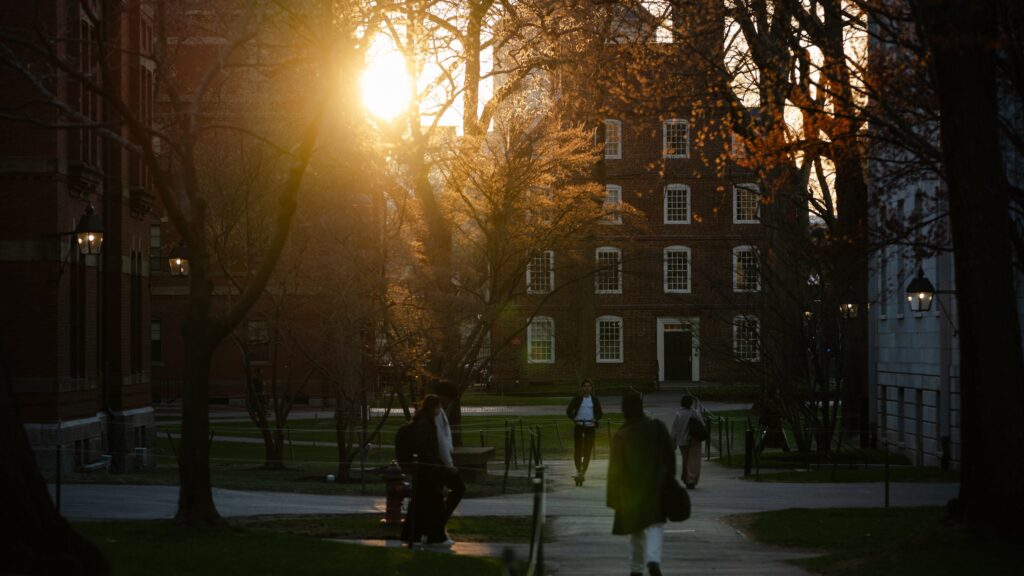Harvard University found itself at the center of a high-stakes battle with the Trump administration, sparking a wave of support from other prestigious universities like Stanford and Princeton. The administration’s push for changes on campus, particularly regarding civil rights laws and antisemitism, led to a clash with Harvard over federal funding conditions. As the White House escalated its pressure on Harvard, freezing billions in funding and threatening its tax-exempt status, the university stood firm in defending academic freedom and facing potential devastating consequences, such as losing international student enrollment.
The conflict highlighted broader tensions within American higher education, with some universities like Columbia agreeing to reforms to restore federal funding, while others, like Harvard, resisted government demands. The Trump administration’s aggressive stance towards universities, including unprecedented pressure and funding freezes, raised concerns about its motives and approach to solving issues in higher education.
The targeting of Harvard’s international student enrollment, valued for its economic contributions, and the scrutiny over the university’s foreign gifts disclosure added fuel to the ongoing feud. Despite the mounting challenges, Harvard maintained its commitment to academic freedom and compliance with the law, setting the stage for a prolonged standoff between the institution and the administration.
As the battle between Harvard and the Trump administration unfolds, the future of academic freedom, federal funding for universities, and the relationship between government and higher education institutions remains uncertain, with implications reaching far beyond the ivy-clad walls of Harvard Yard.

